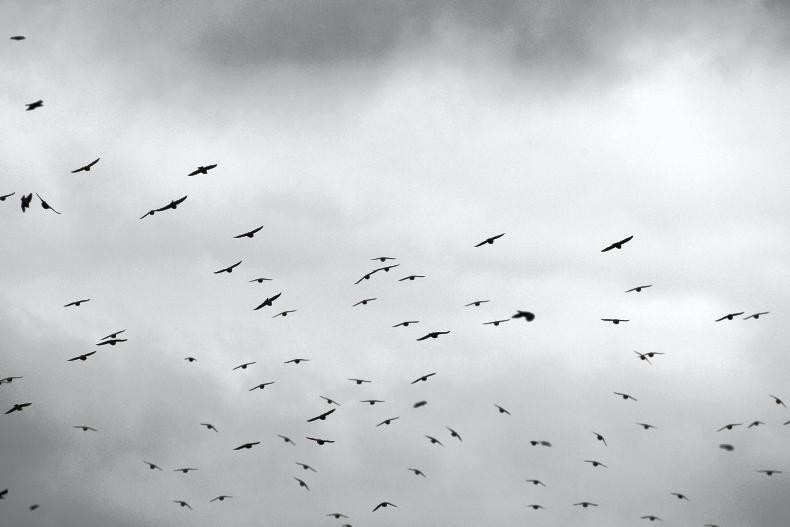Poultry farmers and the public have been reminded to remain vigilant following confirmation of bird flu in a dead wild duck in south west Wales on Thursday.
The H5N8 strain found in Wales is the same strain of bird flu that was found in a Turkey farm in Lincolnshire, England last week and has been found across Europe in outbreaks since late October.
“As this is a wild bird, it highlights the importance for poultry keepers to follow our clear advice on biosecurity and to comply fully with the prevention zone and temporary gatherings ban, announced earlier this month,” the UK’s chief veterinary officer Nigel Gibbens said.
He also reiterated that the risk to public health is very low and bird flu does not pose a food safety risk.
The prevention zone in Britain was brought in earlier this month and requires all keepers of poultry and other captive birds to keep their birds indoors. Earlier this week, a temporary suspension on gatherings of poultry was also announced in Britain.
Ireland
The Department of Agriculture has said that housing birds in the Republic of Ireland is not necessary at this stage. There is no requirement at present to house birds in Northern Ireland either.
As a precaution, general licences for the movement of live poultry or hatching eggs from Britain to NI were suspended from Monday and have been replaced with specific licences, which must be applied for through the Department.
Read more
Bird flu: what is it and should I be worried?
Poultry farmers and the public have been reminded to remain vigilant following confirmation of bird flu in a dead wild duck in south west Wales on Thursday.
The H5N8 strain found in Wales is the same strain of bird flu that was found in a Turkey farm in Lincolnshire, England last week and has been found across Europe in outbreaks since late October.
“As this is a wild bird, it highlights the importance for poultry keepers to follow our clear advice on biosecurity and to comply fully with the prevention zone and temporary gatherings ban, announced earlier this month,” the UK’s chief veterinary officer Nigel Gibbens said.
He also reiterated that the risk to public health is very low and bird flu does not pose a food safety risk.
The prevention zone in Britain was brought in earlier this month and requires all keepers of poultry and other captive birds to keep their birds indoors. Earlier this week, a temporary suspension on gatherings of poultry was also announced in Britain.
Ireland
The Department of Agriculture has said that housing birds in the Republic of Ireland is not necessary at this stage. There is no requirement at present to house birds in Northern Ireland either.
As a precaution, general licences for the movement of live poultry or hatching eggs from Britain to NI were suspended from Monday and have been replaced with specific licences, which must be applied for through the Department.
Read more
Bird flu: what is it and should I be worried?






 This is a subscriber-only article
This is a subscriber-only article










SHARING OPTIONS: